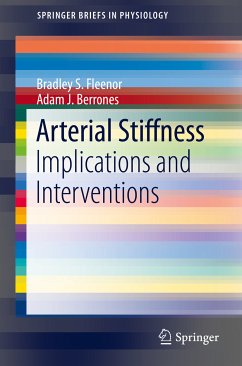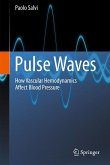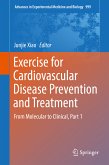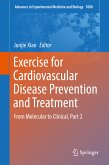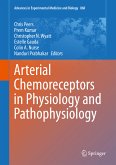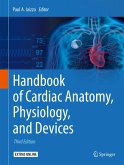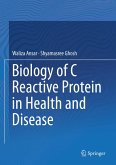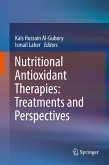Arterial stiffness is an emerging risk factor with important implications for cardiovascular disease risk. Herein, we concisely summarize the physiological and pathophysiological aspects of arterial stiffening, and highlight the importance of increased arterial stiffness for future cardiovascular events. Factors contributing to increased arterial stiffness such as advancing age, obesity, race, sex differences and cardiorespiratory fitness are examined while elucidating the potential underlying mechanisms for each scenario. To conclude, we discuss novel interventions to prevent and/or reverse the arterial stiffening process in order to reduce cardiovascular risk.
This book also:
- Overviews the cellular and molecular mechanisms of arterial stiffness
- Discusses the implications of arterial stiffness in target organ damage
Dieser Download kann aus rechtlichen Gründen nur mit Rechnungsadresse in A, B, BG, CY, CZ, D, DK, EW, E, FIN, F, GR, HR, H, IRL, I, LT, L, LR, M, NL, PL, P, R, S, SLO, SK ausgeliefert werden.

